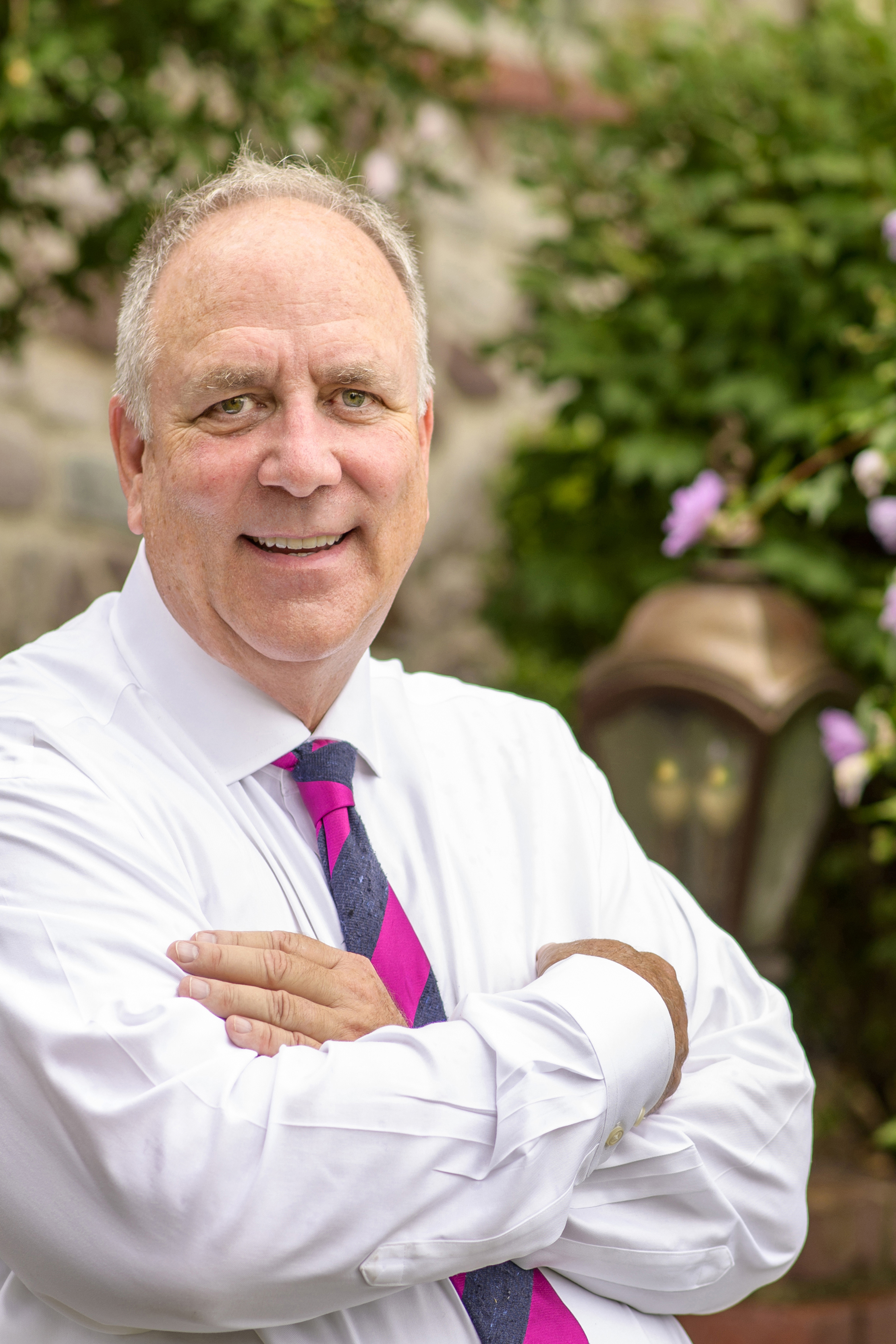Email: [email protected]

What exactly goes into a recording studio build? If you're thinking about setting up a home recording studio, there are plenty of factors to consider beyond the basic needs for equipment. The location, size and layout of the space can have a huge impact on sound quality and other functional aspects of recording.
Here are some of the nuances to remember when setting up a home studio:
Where is the best place in your home to add a studio? Ideally, it should be a place with minimal outside distraction that's still easily accessible. It's also important to consider the comfort of your fellow residents and avoid putting a recording studio right next to a child's bedroom, for example.
Basements make an excellent place for studio spaces, but might require a bit of basic renovation before they're pleasant to spend time in. The right lighting, furnishings and creature comforts can turn even the creepiest basement into a stylish and cozy studio.
Lifting the floors improves acoustics in your studio while limiting the amount of noise transference to other parts of the house. To DIY studio floors, try simply laying wood over foam blocks. You can cover the wood with cozy area rugs to complete the effect.
In recording studios, all gaps and cracks should be patched and filled with soundproofing. Not only does this assist with reducing reverb, it keeps the studio quiet from the outside.
However, you also need to breathe! Proper ventilation in a studio is critical, so take plenty of "open door" breaks and consider adding a fan or silent air purifier.

A professional recording studio is full of equipment like monitors and digital audio workstations, but there are other important factors to consider before you move any furniture or buy any gear. Focus on these key things when building your own DIY recording studio to have the best possible experience making music at home.

Lynn Butterfield is an Associate Broker at Coldwell Banker and is a Certified Real Estate Negotiator. Mr. Butterfield has 41 years of experience in real estate sales and development. His vast experience ranges from luxury sales through commercial sales and leasing. Perhaps more importantly, he focuses his attention on client success, whether he's helping someone buy their first home, or working with a developer seeking assistance to create and position a large project in the marketplace. One recent client said, "Working with Lynn is almost like working with a Real Estate Attorney, because he knows exactly what to look for, so you can be protected!" Another first-time home buyer just said, "I needed someone to hold my hand through this because it's the largest investment we'll ever make! I know he isn't in this just to make a quick buck. He really cares about his clients!"
Whether you're in the research phase at the beginning of your real estate search or you know exactly what you're looking for, you'll benefit from having a real estate professional by your side. He would be honored to put his real estate experience to work for you.